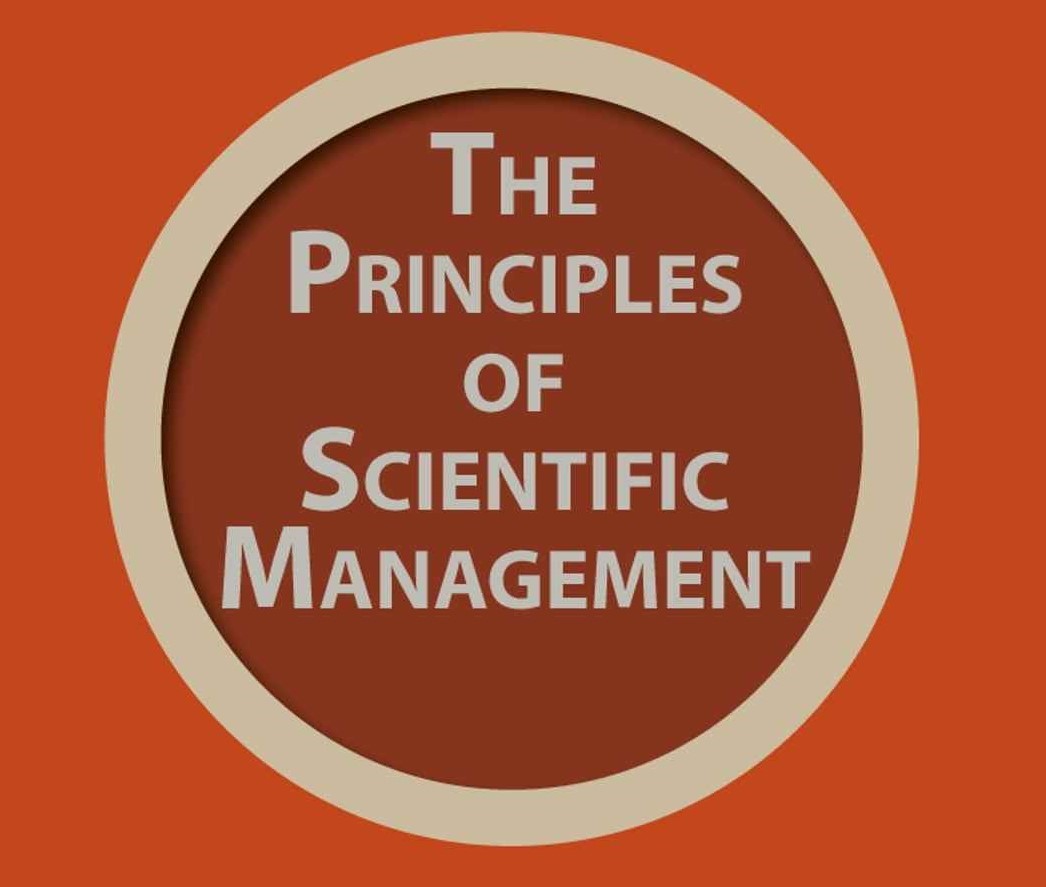09 Mayıs 2013 7308 0 PROJECT MANAGEMENT Hakan Aksungar
Projects are uncertain. Nevertheless changes in the projects are specific.
If there will be changes in projects and the final output will be different, project manager should face with uncertainties and risks.
Requirements in a project is step by step and what will be produces and how it will be delivered are determined, detailed and openly explained.
Despite desired changes, how can a project manager defines the risks that will occur and how will the manager deals with these risks?
Which precautions does the manager take without failure?
Project Risk management is the fundamental part of the project management but at the same time is a disappointment or many project managers. When Donald Rumsfield evaluated the situation in Iraq everyone was surprised when he said "we don't know that we don't know certain things".
While we cannot manage the unknown variables, we are trying to manage changes in the projects and all the risks better.
To decrease the level of uncertainties in a certain project, the risks should be managed as single and isolated events. In project life cycle to decrease the risks there is a need for constant evaluation, planning and taking precautions.
In many of the projects, project teams are making necessary work on risk planning activities and when the project plan is ready they are not looking back at those risks.
Risks are created with the project team by preparing a control list or brainstorming, effective fields of the risks are determined, middle or high level realization probabilities are calculated and a plan is constructed.
The meaning of actively managed risks reviews defined risks regularly, re-evaluates, makes sure that they are compatible with new situations and pre-defined risks and added risks are reset. Project manager always asks "what is going wrong" when the project is on tracks and takes precautions to decrease the risks or the effects.
In a project nothing is more vital than evaluating variables.
Official evaluation of changes include effects on project cost, time and resources. (Effect analysis)
In an effective change management process, the following questions should be asked;
- What risks will we face when doing these changed?
- How will the strength of previous risks change?
- If this change is done, what will the effect field and probabilities be?
- This change will eliminate which risks?
A change in the scope of the project includes change in project undertakings. Change in the undertakings may effect the risks of the project drastically. During execution of the project, we ask the same questions at the end of phase or in important milestone. The most important duty of project manager is to evaluate the risks and risk plan, taking precautions, documenting, updating and continuously monitoring.
Project risk response planning for potential risks are not optimistic or fatalism, it is a precaution method to guarantee acceptable risk struggle success. Risk response plan are plans that are pre-defined to set the project path, and are revised in time. Because the effect of risks change in time, some get bigger, some are eliminated and sometimes the risks lost their previous effect (risks may not be eliminated all the time).
For an active project risk management approach constant monitoring, adapting changes and risk management approach and taking precautions are important.
As a project manager we should have risk plans, life lined in our projects.
Don't we need to hold on tightly ?










